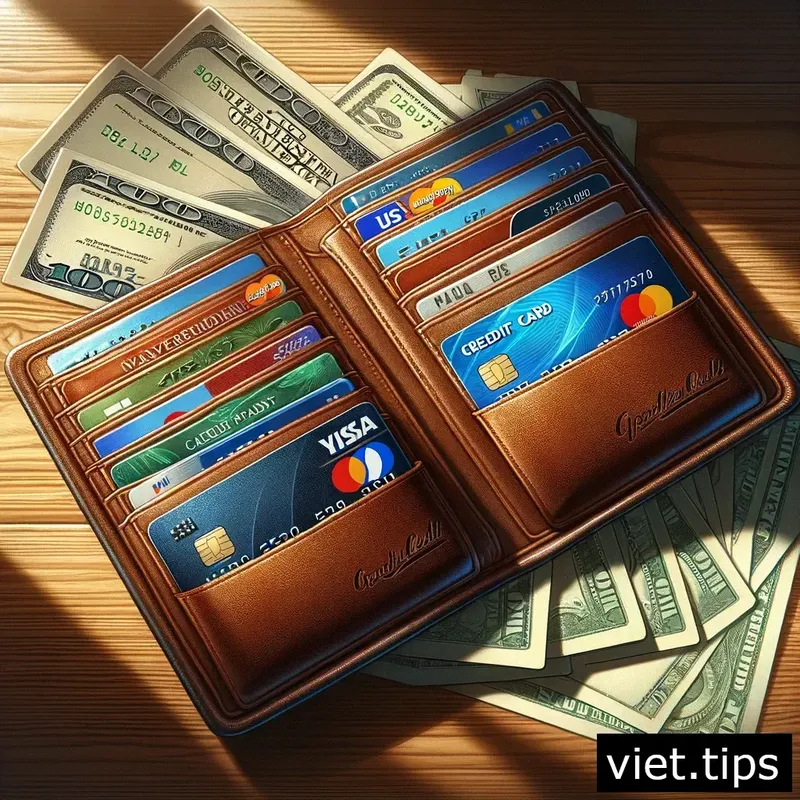As Southeast Asia’s leading super app, Grab has always been at the forefront of providing comprehensive services ranging from ride-sharing to food delivery. However, a recent update in their payment policy, particularly for users wielding foreign cards, has stirred conversations among international travelers and expatriates in Vietnam. This article delves into the nitty-gritty of Grab’s 4% surcharge on foreign cards, offering insights on its repercussions for your convenience and pocket.
Understanding Grab’s 4% Surcharge on Foreign Cards
Grab has rolled out a 4% surcharge on transactions made using foreign debit and credit cards. This policy aims to offset additional costs associated with cross-border transactions processed outside Vietnam. Here, we explore what this means for you and how you can navigate this change efficiently.
Why the Charge?
Transactional fees on cross-border payments are not uncommon. For companies like Grab, these fees represent an added cost, covering everything from currency conversion to processing fees charged by banks and payment gateways. The 4% surcharge is Grab’s way of reallocating these external costs directly to users who utilize international cards.
Who is Affected?
The new surcharge specifically targets users who link foreign debit or credit cards to their Grab account. If you’re an international traveler or an expatriate living in Vietnam, this update directly affects your transactions on the app, encompassing ride-sharing, food delivery, and other Grab services.

Impact on International Travelers and Expatriates
The introduction of this surcharge brings about a significant shift in how international users view and use Grab’s services. Below, we assess the broader implications of this policy change.
Additional Costs
For frequent users, the 4% surcharge can add up quickly, affecting the overall budget for those relying on Grab for daily commutes, deliveries, and other services. It adds an extra layer of expense, especially for long-term travelers and expatriates who have made Grab their go-to app.
Seeking Alternatives
In response to the surcharge, some users might consider alternative methods of payment or even different service providers. This section offers practical tips for those looking for ways to sidestep the extra fees, including using local bank cards or exploring other ride-sharing and delivery platforms.

Adapting to the Change: Tips and Tricks
While the surcharge might seem daunting, there are several strategies to mitigate its impact on your wallet. Here, we offer guidance on optimizing your experience within the new payment landscape.
Exploring Local Payment Solutions
One effective way to avoid the surcharge is by using a local bank card. Opening a local bank account might not only exempt you from the 4% fee but could also offer more favorable conversion rates and lower transaction fees on withdrawals and payments.
Leveraging Cash Payments
Another alternative is to use cash for transactions. This traditional method remains widely accepted and could be a straightforward solution for avoiding card-related surcharges.

Conclusion
The 4% surcharge on foreign cards by Grab marks a significant pivot in how international users engage with the app’s services. While it may introduce additional costs, understanding its implications and knowing how to navigate this change can help manage your expenses effectively. Whether you opt for a local bank card, cash payments, or exploring other service providers, staying informed is key to enjoying uninterrupted convenience with Grab in Vietnam.
Ready to adapt and make the most of your Grab experience in Vietnam? Explore our top tips for seamless travel and living in this vibrant country.